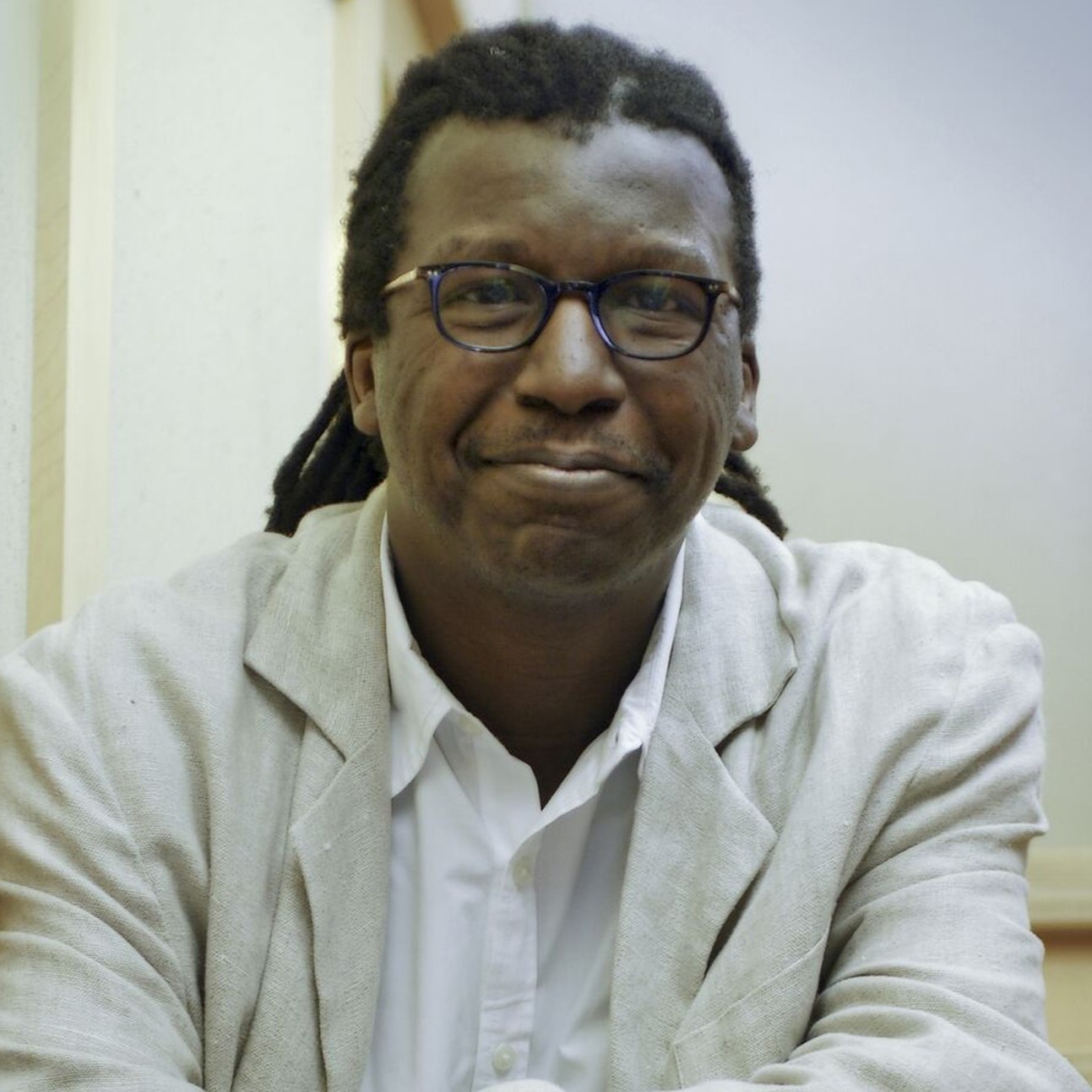for Jim Schley
The umbrella, in this case;
Earlier, the stool, the
Wooden pillars that hold up
the roof.
This guy, you realize,
Will dance with anything—
—He likes the idea.
Then he picks up some lady’s discarded sandals,
Holds them next to his head like sea shells,
Donkey ears.
Nothing,
his body states,
Is safe from the dance of ideas!
Published:
1985
Length:
Shorty
Literary Movements:
Contemporary
Anthology Years:
2023
Themes:
Ars Poetica
Joy & Praise
Literary Devices:
Enjambment
a line break interrupting the middle of a phrase which continues on to the next line
Imagery
visually descriptive or figurative language, especially in a literary work
Personification
the attribution of human qualities to a non-human thing
Simile
a comparison between two unlike things using the words “like” or “as”

